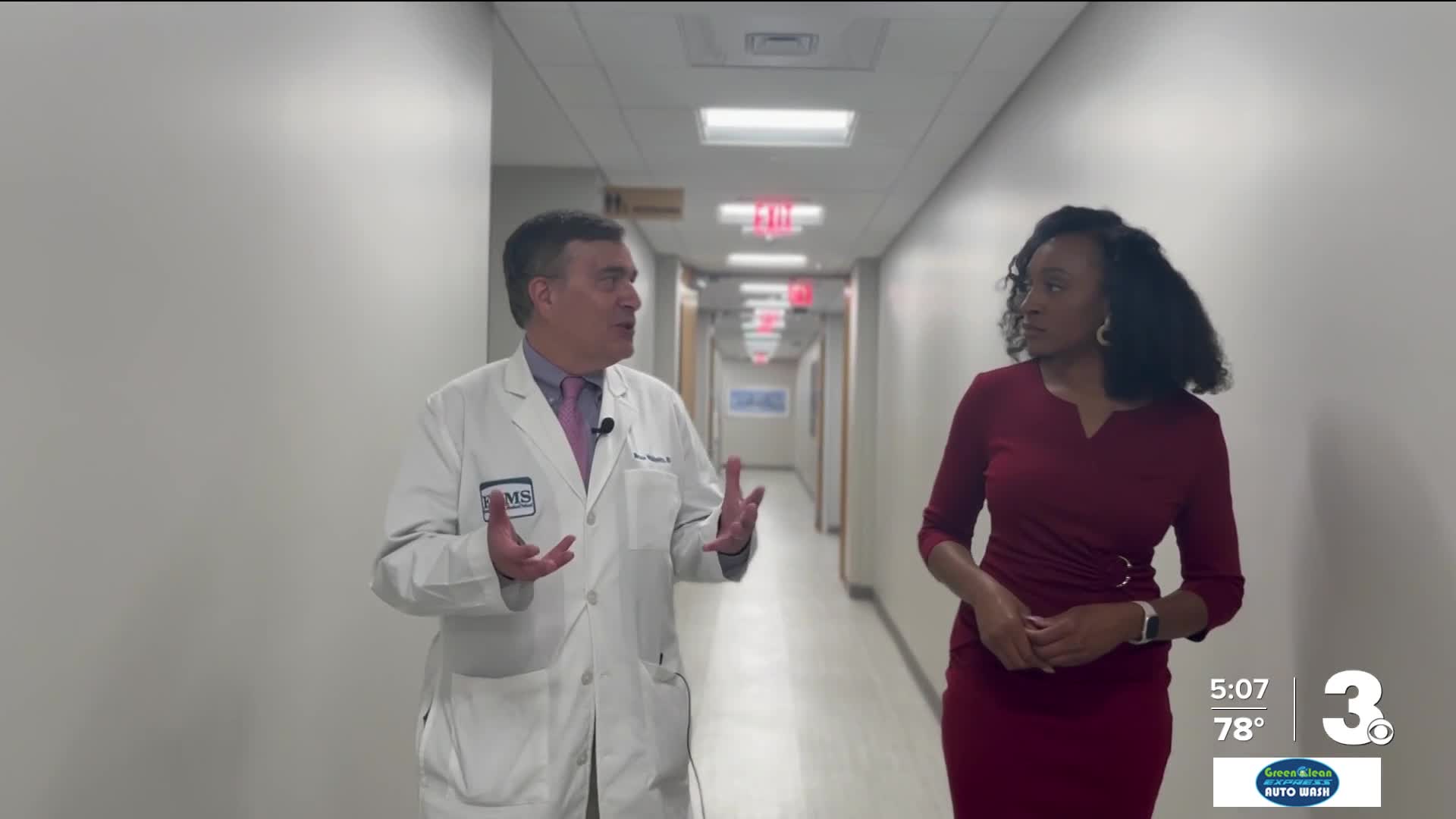NORFOLK, Va. — Black women from Hampton Roads are the focus of a groundbreaking cancer study on cancer risks and outcomes.
The American Cancer Society announced its “Voices of Black Women” study to help them better understand why Black women have more dire outcomes from the disease.
Recruitment for the study began last year with Hampton Roads and Atlanta as pilot launch sites. The ACS plans hopes to enroll a total of 100,000 Black women from states with high populations of Black women, including North Carolina, Maryland, and Washington, D.C.
According to a Tuesday news release from the ACS, the study “will gather valuable data from Black women between the ages of 25 and 55 from diverse backgrounds and income levels who have not been diagnosed with cancer.”

Investigations
‘Check every device:' Parents and experts warn of online gaming dangers
The news release also said this is the largest study of cancer risk and outcomes in Black women in the United States. Black women have the highest death rate and the shortest survival of any racial or ethnic group in the U.S. for most cancers, according to the American Cancer Society.
"[The study] represents the best hope to be able to better understand the nature of what is causing this, because clearly, healthcare disparities exist," said Dr. Bruce Waldhortz with the American Cancer Society.
News 3's Kelsey Jones asked Dr. Waldhortz how doctors involved in the 30-year study will gain the participants' trust.
He responded, "The American Cancer Society realizes that for multiple reasons, there's been a lack of trust in African American women in the health care system. Because of that, this study has been carefully vetted."
In a special report last year, News 3’s Jessica Larche interviewed a Newport News radiologist who suggested all Black women begin mammograms at age 35 to help address disparities in breast cancer rates and outcomes.
“There are populations that I would definitely consider screening earlier so we can at least get an early baseline,” said Dr. Benjamin during a conversation about Riverside Health System’s use of artificial intelligence to help detect cancer. “If I had a platform, that would be something I would want done.”
While five percent of breast cancer cases happen in women under 40 according to the Cleveland Clinic, the Centers for Disease Control report Black women under 35 are twice as likely to be diagnosed with breast cancer than white women.
Watch more from Jessica Larche:
Additionally, data from the American Cancer Society reveals Black women are 40 percent more likely to die from breast cancer at any age compared to white women.
Breast cancer survivor Tawana Martin, who was diagnosed at 32 years old, supports earlier mammogram screening guidelines for Black women. She said it took doctors months to take her concerns about five painful lumps seriously.
“It really saddens me, because it's too often young women don't make it because they're told they’re too young,” Martin shared. She said by the time doctors surgically tested the lumps for cancer, it was already at an advanced stage. She had to undergo a double mastectomy, chemotherapy, and radiation to save her life.
Tasha Cade also survived breast cancer. About two years before she was diagnosed, she had voiced concerns to doctors about a lump in her left breast. She said they brushed off her concerns after a mammogram and ultrasound indicated it wasn’t cancerous.
Cade was finally diagnosed when her OBGYN demanded a biopsy of her lump to be performed by a local surgeon, which confirmed the lump was cancerous. She was six weeks pregnant at the time.
She says studies like Voices of Black Women play a crucial role in achieving equitable healthcare experiences and outcomes.
"Addressing these disparities is crucial to improving health equity. It's important to prioritize initiatives that aim to improve cancer outcomes specifically for Black women to ensure they receive timely and effective care," said Cade.
For more information about how to enroll in the VOICES of Black Women® study— which looks at disparities for all cancers in Black women— visit voices.cancer.org.





